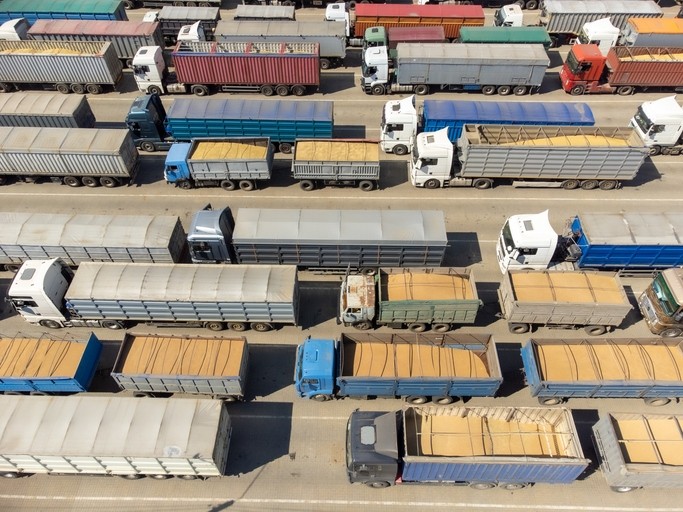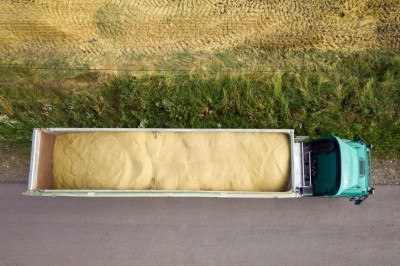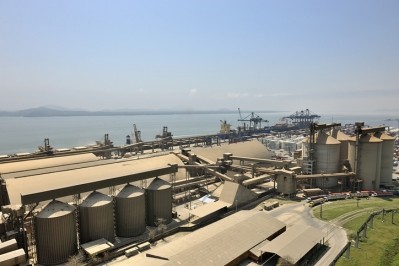Ukraine grain row: Warning about EU feed supplies

On April 15, 2023, the Polish government announced a ban on the import and transit of Ukrainian agricultural products until June 2023. The governments of Hungary, Slovakia and Bulgaria then followed suit, although the Slovakia and Bulgaria’s bans do not prohibit the transit of agricultural products. Czechia has publicly ruled out similar measures.
After reaching a deal with Ukrainian authorities on April 18, 2023, Poland agreed to lift the transit ban, but the import restriction remains.
The countries said they introduced the measures to protect their farming sectors. Local producers claim they are being undercut by cheaper Ukrainian grain, which, due to logistical bottlenecks, is ending up in their markets.
FEFAC is calling on the EU Council Presidency and the Commission to seek rapid and effective solutions following the unilateral trade action taken by those countries.
Integrity of the single market
Asbjørn Børsting, FEFAC President, stated that "current decisions taken at a national level are undermining the integrity of the single market and the reliability of the EU as a trading partner, which could lead to further market destabilization, in particular for feedstuffs for which there are no domestic alternative supplies.”
He noted that the EU feed sector needs market stability, predictability, and legal certainty on the implementation of the EU trade and agricultural policy framework to maintain a level playing field for market operators.
Børsting recalled that “the EU previously agreed to act with a single voice when tackling emerging feed and food security issues, a hard lesson learnt during the COVID pandemic and at the outbreak of the Russian aggression in Ukraine.”
Joint EU action led to the strengthening of EU feed and food sector resilience through respective single market defense and trade policy mechanisms and tools including the EU green lanes and solidarity lanes, as well related EU financial measures, he added.
Aid package
EU Commission executive VP, Valdis Dombrovskis and Commissioner for Agriculture, Janusz Wojciechowski, met with five member states bordering Ukraine yesterday to present a package to alleviate their concerns. The proposal included additional financial support for affected farmers, exceptional safeguard measures on key products and measures to facilitate the transit of Ukrainian grain exports via solidarity lanes.
The solutions though are subject to the countries lifting their unilateral bans: “We underlined the importance of rapidly following a common EU approach, rather than unilateral solutions to avoid multiple bans and solutions which put the internal market at risk.”
Background
On May 12, 2022, the EU Commission and EU member states bordering Ukraine launched the EU-Ukraine solidarity lanes, allowing for the export of blockaded Ukrainian goods through EU road, railway, and river networks, Additionally, the EU agreed on temporary trade liberalization to facilitate exports to the EU single market and support Ukraine’s battered economy, recounted an EU report.
The EU solidarity lanes allow safe transport of Ukrainian grain and other agricultural commodities to international markets. Some 56 million tons of goods, including 29 million tons of agricultural products have been exported from Ukraine as a result of the lanes, it noted.
However, the influx of Ukrainian agricultural products into the EU also impacts regional markets in neighboring member states, it found. In its recent agriculture short-term outlook report, the Commission acknowledges that “the sharply increasing imports from Ukraine created oversupply, downward pressure on prices and saturated logistical chains in some EU regions.”
Competition from Ukrainian producers, and the downward pressures on agricultural prices led farmers in these countries to call for the reintroduction of import restrictions.
The Commission has already acted in this respect. Four weeks ago, the EU executive compiled an aid package worth €56.3m to compensate farmers in countries bordering Ukraine.















